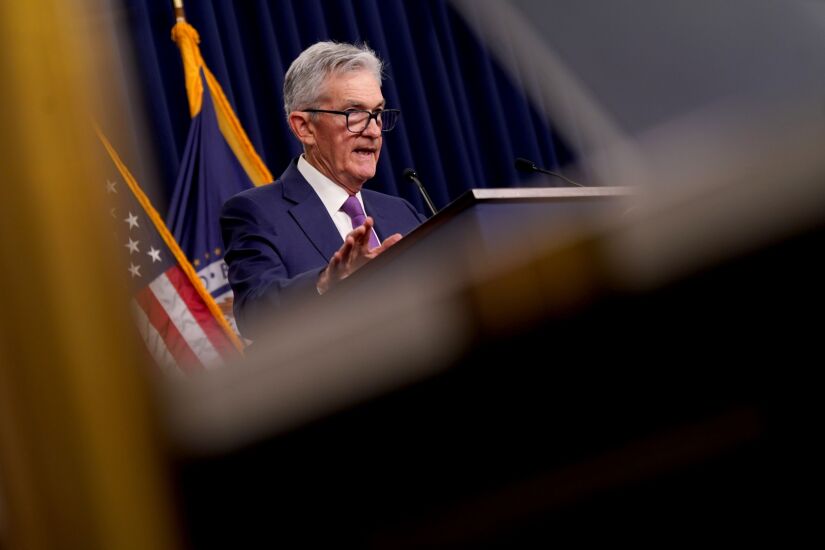The U.K. is considering a bill that would let banks and payment service providers put suspicious-looking peer-to-peer payments on hold for up to four days to conduct security reviews; Giesecke+Devrient is working with Brazil's central bank to develop an offline payment approach to a central bank digital currency; and more in global payments news this week.

U.K. banks may slow peer-to-peer payments down by 72 hours to fight fraud
The move comes after the U.K. last year finalized a rule requiring banks to
During the first half of 2023, the U.K. saw 116,324 cases of authorized push payment (APP) scams leveraging its faster-payments service, according to a
The U.K.'s newest proposal would give banks up to four days to explore whether a suspicious P2P transaction is fraudulent before processing it. Banks would have to notify the customer of the delayed payment, the reason for the delay and give the customer streamlined methods to provide information or take actions to clear up the confusion. Banks would also be liable for any interest or charges the customer incurs as a result of a delayed payment.
The U.K. government is soliciting public comments on the proposal through April 12, 2024, with the goal of finalizing the new rule by midyear and implementing it on Oct. 7, 2024, the same date that banks are required to begin reimbursing consumers for APP scams. Under that rule, banks must reimburse consumers who are victims of APP scams within five business days after the victim reports the incident.

G+D teams with Brazil's central bank on CBDC projects

The U.S. is 'nowhere near" developing a CBDC: Powell
"We're nowhere near recommending — or let alone adopting — a central bank digital currency in any form," Powell told lawmakers in a March 7 hearing before the U.S. Senate Committee on Banking, Housing and Urban Affairs, noting that the Fed isn't interested in establishing an alternative banking system.
CBDCs are in

Danish, Malaysian firms collaborate to power cross-border European payments

Spanish IT firm buys travel-payments provider

FleetCor invests in Brazilian vehicle-payment firm

El Salvador eliminates income tax on investment, remittances from overseas
Congress voted 69 to zero to cut the rate to 0% from 30%, with five abstentions, according to a post on X by the legislature. The tax is eliminated regardless of the amount of money being brought in. Bukele and congress didn't immediately provide an estimate of the fiscal cost of the move. Bukele was elected to a second five-year term in February.
Some enthusiasts of cryptocurrencies have relocated to El Salvador in recent years after Bukele made bitcoin legal tender. Other foreign citizens moved to the country after Bukele's mass roundup of gang suspects lead to a plunge in the homicide rate.
The nation's dollar bonds have rallied in recent weeks after Bukele told investors the country is working to reach an agreement with the International Monetary Fund. El Salvador recently won credit rating upgrades by S&P Global Ratings and Fitch Ratings, though the nation remains deep in junk territory. —Matthew Bristow and Michael McDonald, Bloomberg News





